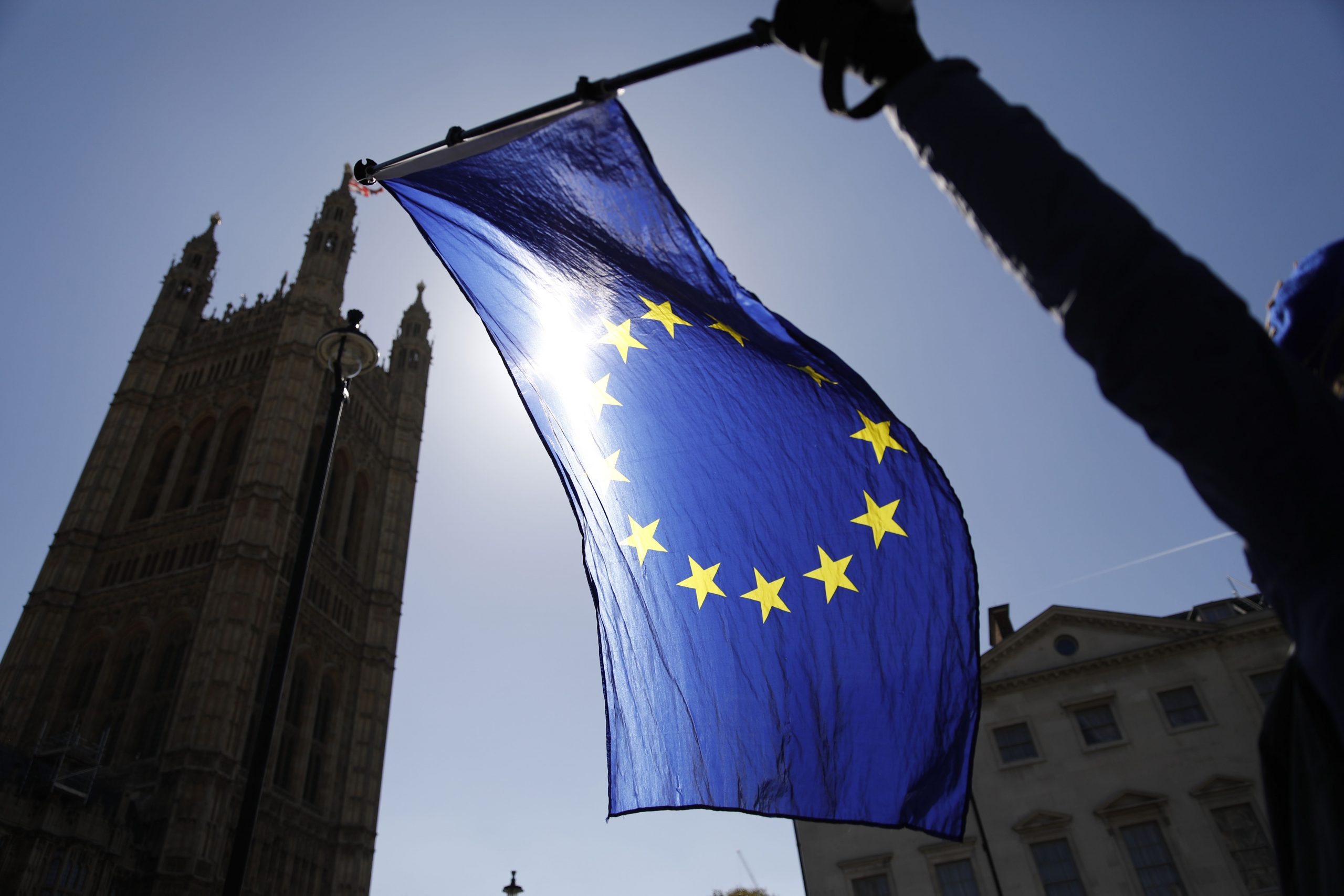
Despite being a historian – or perhaps because I am one – I mistrust any interpretation of history that aims to dictate the present and the future. This is not simply because we do not know the future; it is because we know that the future cannot be known – at least, not in any useful way.
History is strewn with discarded predictions. Even the past is open to an immense variety of interpretations, once we get away from the basics, such as “who”, “when”, “what”. Those who claim that history requires or legitimises a political choice are abusing it. Fair enough as a rhetorical device, but that is all it is. One might as well invoke astrology.
This is not to say that history is irrelevant or meaningless. I agree with the American writer James Baldwin that we “are unconsciously controlled by it in many ways, and history is literally present in all that we do”. History can help us understand what we are doing and why, and thus actually loosen the bonds of the past.
History can be marshalled to support almost anything. In our present debates, both Remainers and Leavers exploit it. On one side, we are told that the EU has brought peace; that it embodies progress and harmony; that it is a necessary response to the rise of great new empires; that Britain’s intimate contacts with Europe from the Stone Age onwards means that we are predestined to support the EU; and lots more. Leavers can point to differences in law or politics; to contrasting historical experiences during the last century; and to several centuries of expansion beyond Europe. All these things, however mythologised, contain some truth; but none of them dictates our future.
The best conclusion is that historical arguments, especially when based on perceived long-term patterns, are irrelevant to present day decisions. Even if we agreed that history had a “path” through the labyrinth, nothing would prevent us from choosing a new direction – or trying to.
To explain the 2016 referendum and its subsequent turmoil it is not necessary to look far into the mists of time. Our supposed economic failure during the 1960s, contrasting with Western Europe’s post-war boom, tempted us towards integration. Our later relative economic success, and the Eurozone’s relative failure, has ended that process. People have noticed the change, not least due to the British media’s unwillingness to hard-sell the European project.
Our economic activity has been diverging rapidly from the EU for two decades. The effects of large-scale immigration over the same period, encouraged by our language, our relatively unregulated labour market, and the value of sterling, have accentuated class, regional and cultural divisions. The British are less worried by the prospect of the failure of the “European project” than are many of their neighbours, and history helps to explain why; it does not, of course, tell us whether this confidence is wise or foolish.
Nevertheless, in explaining differences, one should not fall into the trap of “exceptionalism”, as both sides in the argument tend to do. Leavers point to Britain’s bold individualism; Remainers, to its outdated prejudices. But in reality British attitudes to the EU (except in Scotland, which is a European outlier) are not hugely different from those elsewhere. The two crucial differences are that we were offered a vote in 2016 (with the intention, of course, of making us toe the EU line), and that we had not adopted the Euro. Eurozone membership makes (or seems to make) leaving so dangerous, above all to middle-class savings, that even EU-phobic countries such as Greece and Italy do not dare to try. History is not much to the fore here: circumstances are.
It may be that we are making history rather than following it, though history always forgets far more than it remembers, and I fear that it may soon have bigger problems to record. Who lies awake fretting over the disastrous failure of the League of Nations, or the split between Asquith and Lloyd-George?
In the short term, however, as Donald Tusk declared recently, in a tone as close to satisfaction as he manages, Brexit has been a “vaccine” against Euroscepticism. This is Theresa May’s departing gift to the EU: Project Fear on a continental scale. Whether the therapy will cure the EU’s ills, or merely mask an incurable disease, is something that history will one day relate, but which historians (and certainly this one) cannot predict.
Robert Tombs is a professor of French history at St John’s College, Cambridge, and the author of The English & Their History. The “History in light of Brexit” conference will take place at King’s college London on Wednesday 5 June.





